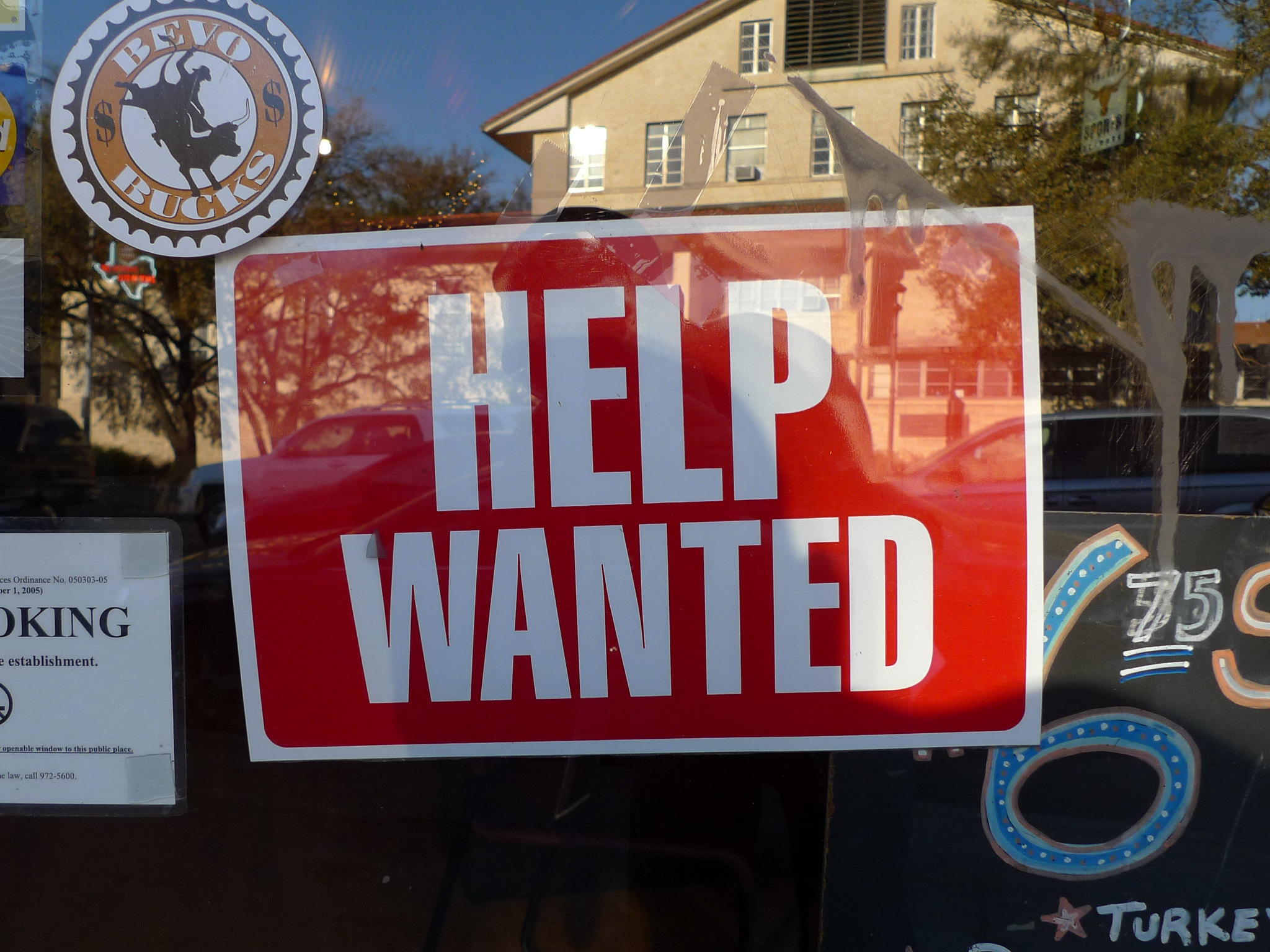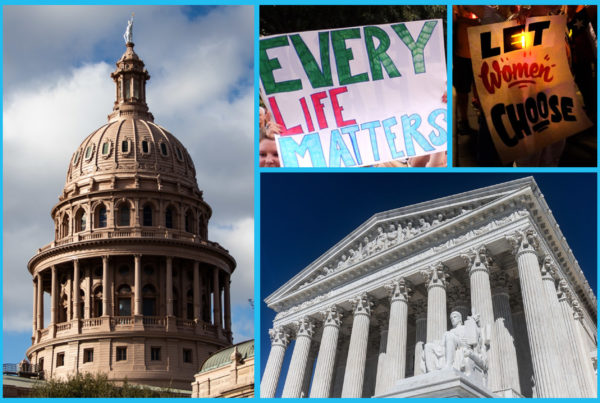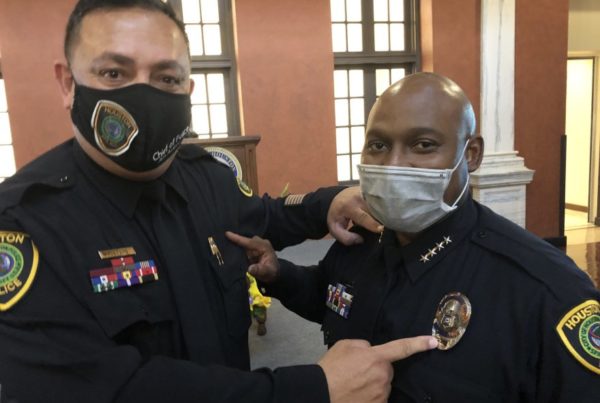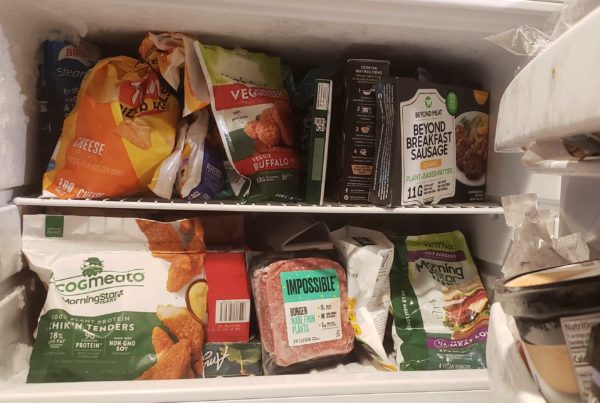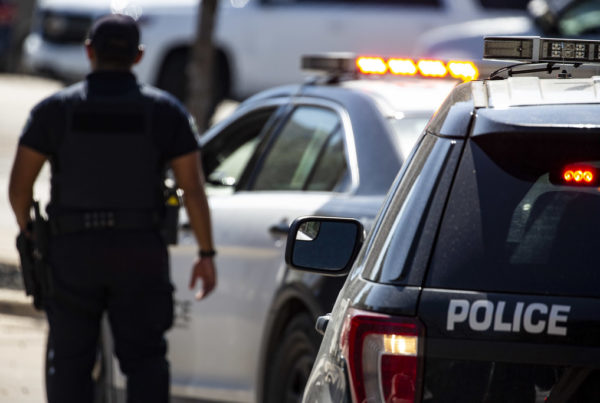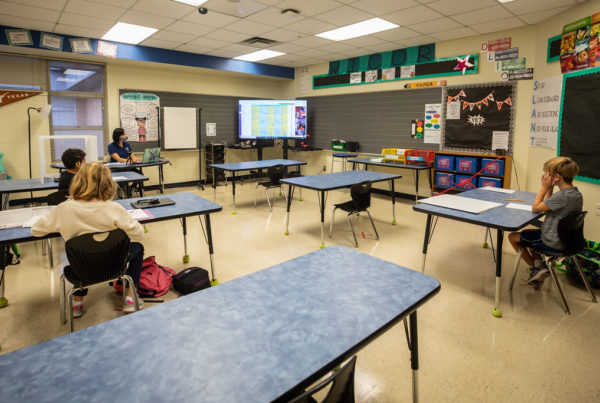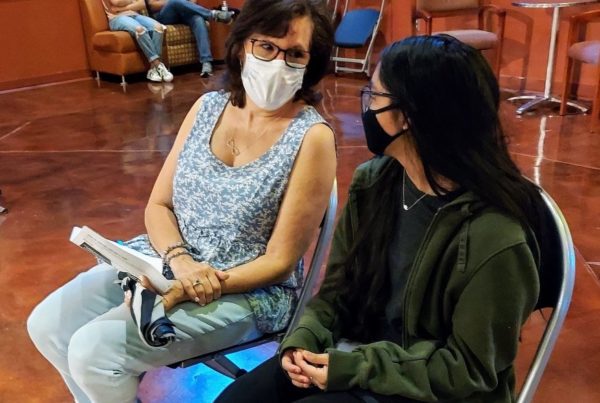Some federal unemployment benefits will soon be coming to an end for Texans. On Monday, Gov. Greg Abbott announced Texas would be halting the $300 federal aid paid on top of state benefits. The program began last year in response to the pandemic. Those federal payments will end on June 26, more than two months before they were set to expire at the federal level.
Dallas Morning News breaking business news reporter Dom DiFurio said Abbott’s announcement came just a few days after businesses had started pushing the governor to make the move.
“They’d come together with a lot of solidarity, making statements,” DiFurio said. “There was something like three dozen chambers of commerce and business associations from across the state that signed onto a letter last week, really urging him to let go of these federal pandemic unemployment benefits.”
DiFurio said the change affects more than just the $300 pay.
“It’s really anything that’s been etched into a relief program having to do with pandemic assistance for the unemployed over the last year,” DiFurio said.
DiFurio said Gov. Abbott is following the lead of other GOP-led states.
“It really began with Montana Gov. Greg Gianforte, who on May 4 said that his state would cut off benefits by June 27,” DiFurio said. “So you notice Abbott is going to cut off by June 26. So right around there. But what Gianforte did was offer a $1,200 back to work bonus for these folks who end up collecting a paycheck for a certain amount of time and full time work — so sort of trying to incentivize folks to get back into the workforce. Now, obviously, the aim of all these things, and it’s been stated, is really to try to force people back into the workforce.”
But DiFurio said it’s not clear whether the move will really draw everyone back into the jobs available.
“Not all industries are recovering evenly. And there are folks who are in the process of reskilling, whether they’re getting teaching certificates or what have you,” DiFurio said.
DiFurio said job availability also may not be distributed evenly across Texas.
“You also hear that in some rural areas, folks who may have been waitstaff in the past, they’re not seeing as many job openings right now,” DiFurio said.


